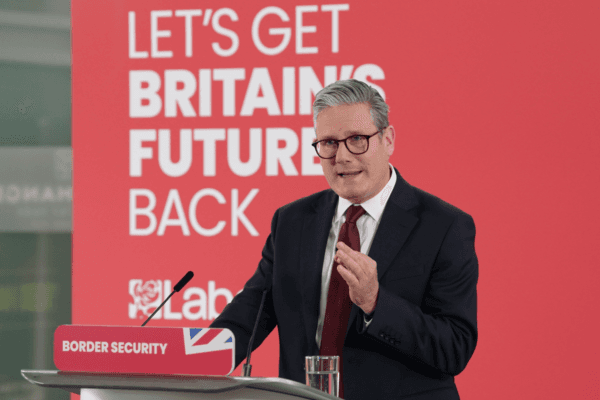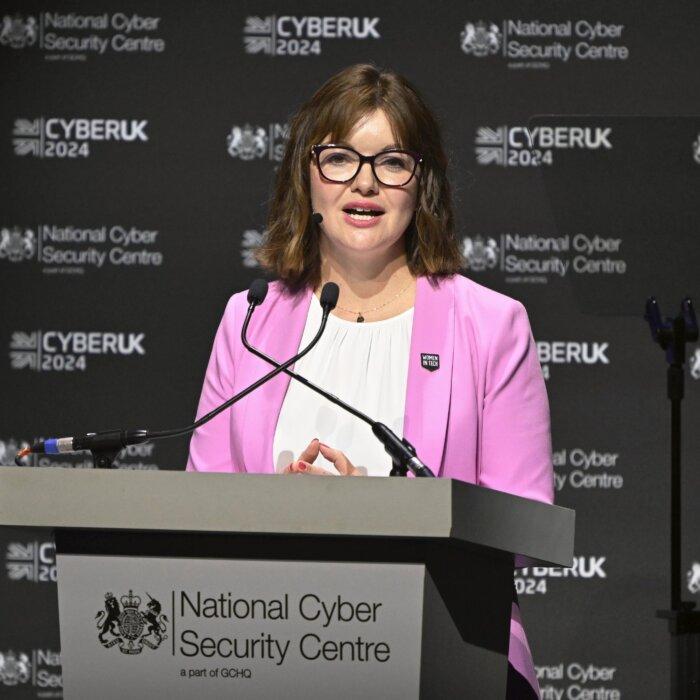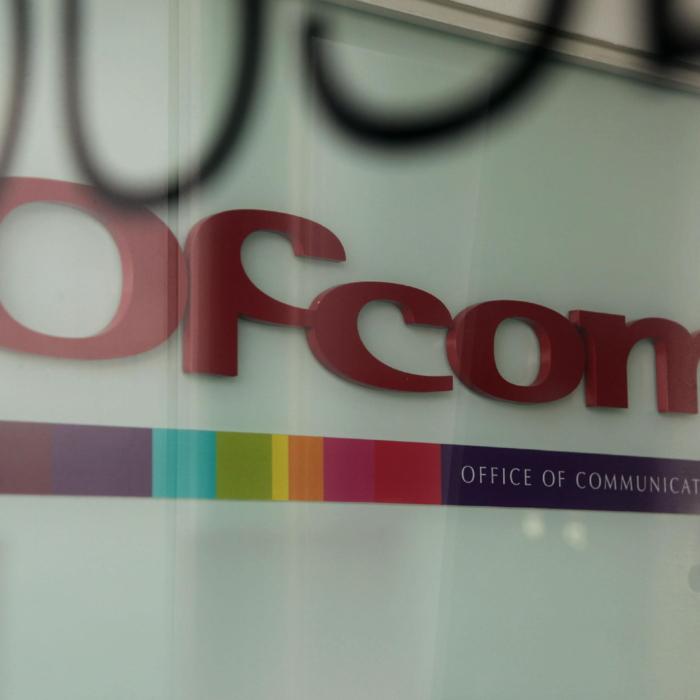Prime Minister Rishi Sunak has announced that the country will go to the polls on July 4, with Mr. Sunak facing off against Labour leader Sir Keir Starmer.
A Cabinet meeting was announced for 4:15 p.m. on Wednesday, leading to mounting speculation that a snap general election would be called.
Addressing journalists in the pouring rain outside Number 10, Downing Street at 5:15 p.m., Mr. Sunak said he had come to office to “restore economic stability,” and claimed his policies are on track to deliver this.
He confirmed he had spoken to King Charles to dissolve Parliament on May 30, with the election campaign set to begin in earnest in what many commentators will see as a gamble.
“On 5 July, either Keir Starmer or I will become prime minister,” he said, claiming the Labour leader has no plan and “lacks conviction.”
“This election will take place at time when the world is more dangerous than it has been since the end of the Cold War.”
The “uncertain times” call for a “clear plan,” he said, claiming that immigration has “begun to come down.”
Scandals and Defections
After a drubbing in last month’s local elections, the Conservatives are languishing behind Labour by an average of 20 points in the polls, and Mr. Sunak could have delayed calling the election until next year, in the hope of a change in fortunes.However, figures this week showed inflation slowed to 2.3 percent in April, the lowest level since July 2021, which may have played a part in Mr. Sunak’s decision to call the election, with him declaring this a “major milestone” for the country.
He became the unelected prime minister in October 2022, following the resignation of former Prime Minister Liz Truss, who was in Number 10 for only 49 days after she won the battle to become leader of the Conservative Party over Mr. Sunak.
Cabinet ministers were summoned to Downing Street for a meeting later on Wednesday, after the usual Tuesday slot was delayed by the prime minister’s trip to Austria.
Polling day takes place 25 working days after the dissolution of Parliament, with bank holidays not counted, and is by convention held on a Thursday.
At the point of dissolution, every seat in the Commons becomes vacant and government would enter a preelection period during which its activity would be restricted, with all legislation going through Parliament put on hold.
The deadline for candidates to be nominated for election in June 7, so the parties will be rushing to choose their would-be MPs.

Sir Keir announced Labour’s six key pledges that he said he would implement if he becomes prime minister, which are likely to form the basis of his party’s manifesto.
Labour has not won an election since 2005 when Sir Tony Blair secured a third consecutive term, defeating then-Conservative leader Michael Howard with a comfortable majority.
As speculation grew and political editors began calling the election date before it was officially announced, Labour had urged the prime minister to “get on with it” and trigger the election which they said Britons are “crying out for.”
Sir Keir appeared before the cameras on Wednesday to say that Labour had a plan for the country that was “ready to go, fully funded, and fully costed.”
He added that he was well aware of the “cynicism” with which many people regard politics in the current climate, but pledged that a vote for Labour would be “a vote for stability ... economic and political, and a politics that treads more lightly on all our lives. A vote to stop the chaos.”
“Our offer is to reset both the economy and our politics so that they once again reflect the interests of working people,” he said.







